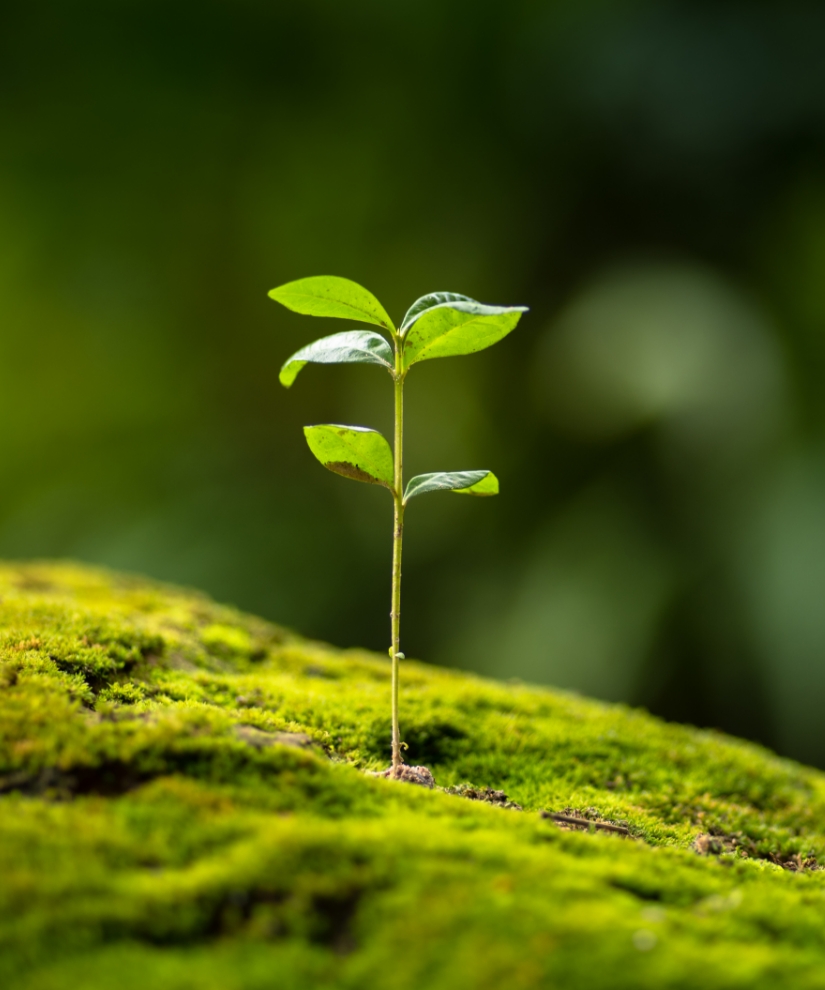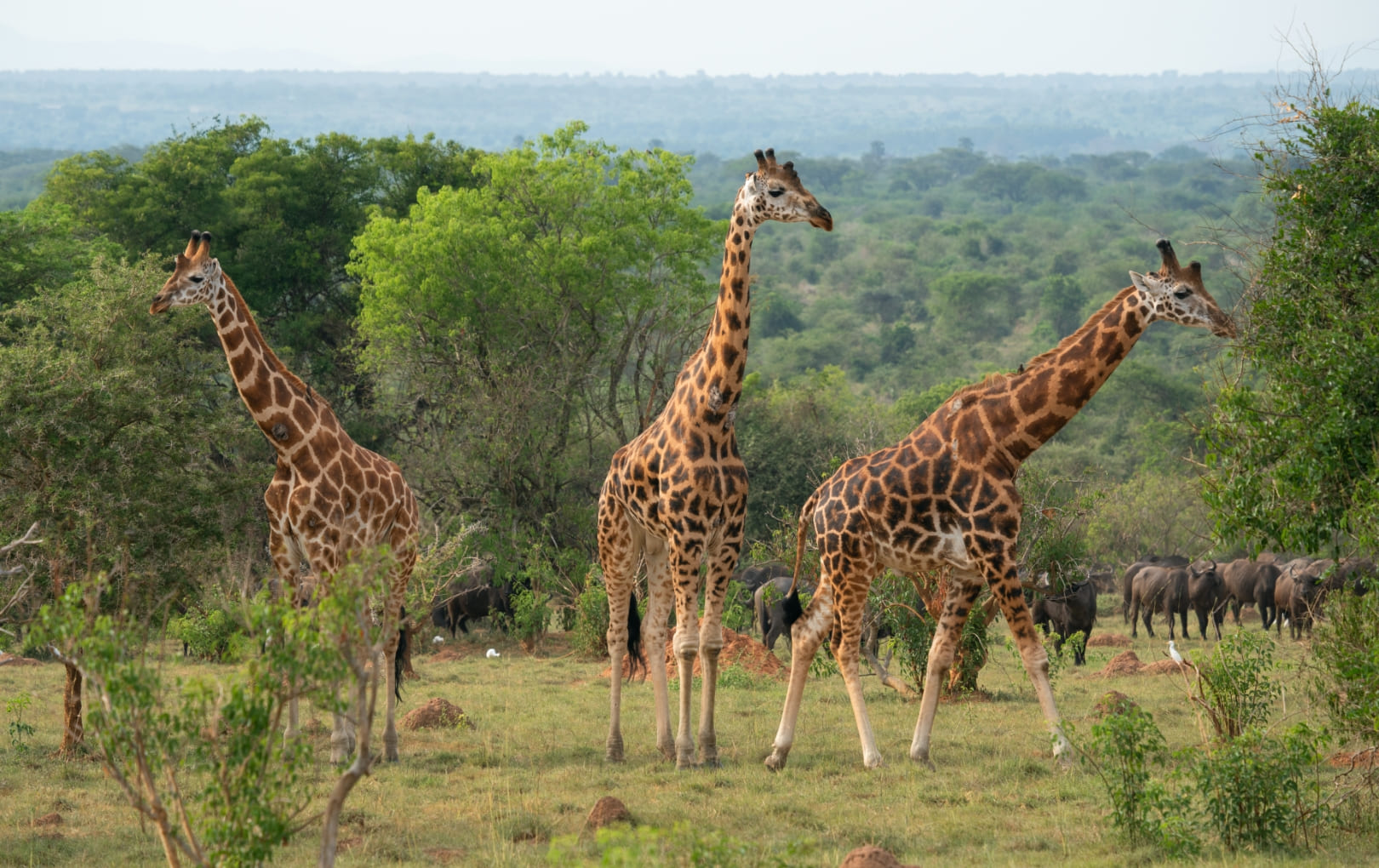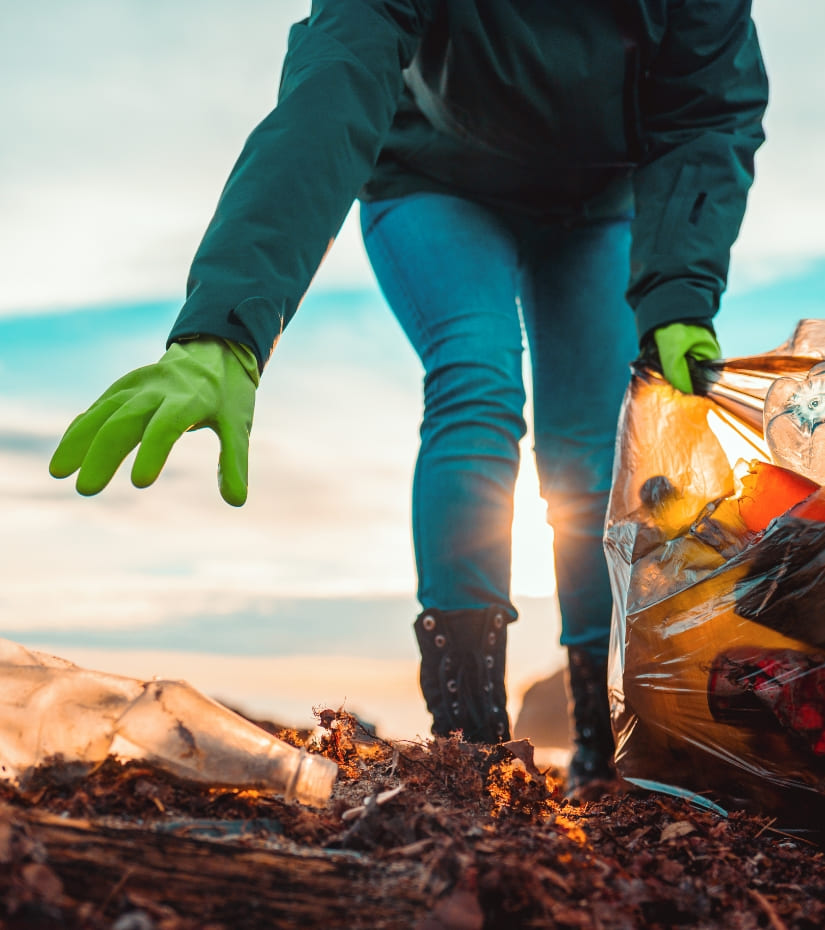

Get a comprehensive outlook on the negative and positive impact of COVID-19 on the environment, and an expert view on the future perspective and challenges.

INSIGHT
The general narrative about the impact of Covid-19 revolves around its benefits and an overall positive action. We all remember that wild fish returned to the canals of Venice and how it was celebrated as a win for environment globally. However, the situation may not be as bright as it is written about.
See full report by Kyiv Consulting on Covind-19 impact on environment by clicking on the button below.

Firstly, it has to be made clear that benefits Covid-19 brought to environmental situation are still to be taken into account. For instance, the quality of water improved globally and considering the importance of water for life on a planet it is an undeniable benefit. Also, the fact that noise pollution in USA alone dropped by 50%, is a reason for cautious optimism as noise pollution was named 3rd most dangerous environmental threat by WHO. However, these achievements along with lesser benefits are only useful in a long-term perspective. As for that, the experts of Kyiv Consulting give a warning.
As happy as we are about seeing nature healing from human industrial activity, we must acknowledge hard truth — the positive environmental effects are soon going to be overturned by world economy making a comeback. For instance, the worldwide decrease in CO2 and NO2 emissions was widely cited and celebrated. Nevertheless, the experience of multiple countries shows that environmental pollution will be back on track during the recovery. Plus, as surviving industries will try to compensate for the financial losses faced during a lockdown, the amount of pollution will in some cases even exceed the pre-lockdown numbers.
Decrease in pollution during a pandemic never meant that environment-protecting activities were allowed to be slowed down. The volume of municipal generation increased due to drop in recycling and waste management operations. In this way, landfill use increased as waste that would normally be recycled was sent to general channels. Plus, the safety measures put an additional strain on environment, which we will discuss further.

INSIGHT
Masks, gloves, and other items of Personal Protection Equipment singlehandedly formed an entire new category of waste management problems. In a certain way, PPE is now its own source of global pollution. 129 billion masks are being disposed globally each month, not to mention 65 billion pairs of gloves joining them in landfills. Medical waste of this kind in non-recyclable as it is contaminated with bodily fluids, thus, being a potential source of virus transmission. Moreover, antiseptics are a problem of itself. Disinfectants are frantically applied to anything from hands to roads. While their purpose is obvious, their unintended damage is not so much. The vast majority of antiseptics and disinfectants contain Triclosan. Triclosan is a hormone-disrupting agent. In humans, it wreaks havoc on endocrine system, which leads to innumerable health problems. Not mentioning the carcinogenic effects, the products of breakdown are also highly toxic. Both substances end up in global aquatic system leading to ecological imbalance.


Human activity was severely restricted by the lockdown. While the situation in major metropolitan areas was ambiguous (both pet abandonment and adoption rates increased), there are places where COVID impact was felt by animals in a very clear way. Most of the countries where lockdowns caused damage to the wildlife derived a significant portion of their GDP from tourism and tourism- related activities. Closed borders meant huge losses for locals as tourism was the biggest supplier of jobs in the area. Thus, in places, where people had an opportunity for it, poaching rose dramatically. For instance, between February and June of 2020, poaching in Africa increased by 125%. As Africa has one of the world’s richest wildlife in terms of biodiversity, this means that conservation efforts of many years and even decades were erased in mere months. People hunted endangered species for horns, hide, ivory, and meat.
While we can see how pandemic negatively impacted the environment, the case opened a door to important conversation on sustainability. Short-term benefits can be turned into a prolonged, vitalising action if we continue certain practices. Like, working from home at least one day a week is promised to go a long way in terms of emission reduction. On a global scale, working remotely for just one day per week would result in 24 million MtCO2 fall in emissions. This would notably improve the air quality in both cities and highly commuting suburb areas.
Moreover, working from home would mean there will be less office-produced waste such as plastic cups and paper. Reduced power consumption will result in additional greenhouse gas emission drop as offices consume significantly more energy than households. As we can see, even such a simple move as relocating our office jobs to home has a potential for driving a long-lasting change. A decisive action is needed if we want to continue a trend of bringing sustainability to world’s economy.

INSIGHTS

In today’s fast-paced business landscape, companies often face the challenge of adapting to rapid market changes while driving growth. This is where a research analyst can play a transformative role.

How international policies, economic strategies, and technology breakthroughs are shaping the energy industry.
READY TO TALK?
Please fill in the field.
Please fill in the field.
Please fill in the field.
Please fill in the field.
Please fill in the field.